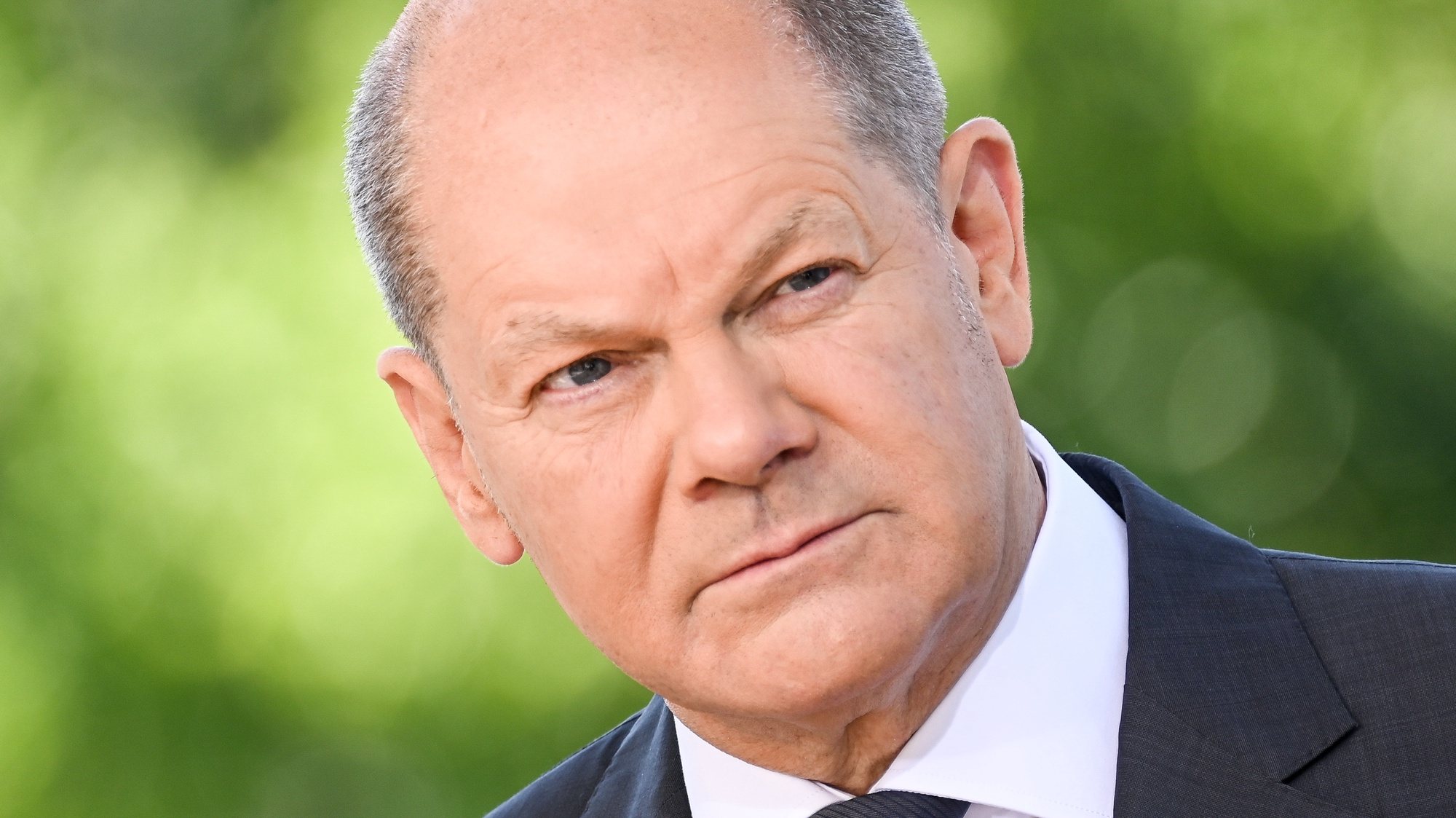Olaf Scholz admits that “high prices” in the energy sector “are a great challenge for all members of the European Union” and that it is necessary to respond to the problems they generate. In an interview with El País about the ten-month mandate, the German chancellor, echoing Ursula von der Leyen’s speech this Wednesday in the European Parliament, said that the EU wants to develop a common and coordinated effort and that, “when excessive profits accumulate, we must cut them and use the money to lower energy prices”.
Addressing the proposal to build the MidCat gas pipeline through the Pyrenees, which was blocked by France, Scholz argued that “the European Union must be more interconnected in terms of energy supply, not only in extreme situations, but also for the supply of renewable energies. ”. . Specifically, connecting the Iberian Peninsula to the European gas pipeline network would be an important step for everyone, which is why I support the construction of MidCat”.
The German chancellor has put Portugal on the European gas map and puts pressure on France. Why hasn’t the gas pipeline advanced yet?
Asked about the measures taken by the German government to face the energy crisis, Scholz clarified that measures were taken promptly and decisively so that Germany can spend the winter without difficulties, specifically through the construction of new liquefied natural gas terminals in the north. , the execution of supply contracts with “new partners” and the supply of “natural gas storage facilities” in the country.
The chancellor also highlighted the approval of “extensive aid packages” of almost 100,000 million euros “that will alleviate the burden of citizens and companies” and the investment of “up to 200,000 million euros so that energy prices in Germany are accessible for all”. No one will be alone in this situation. That is our intention,” she declared.
On Germany’s dependence on Russian gas, Scholz said the country’s mistake “was not so much making supply contracts” for natural gas with Russia, but “not creating the necessary infrastructure or not building LNG terminals.” [gás natural liquefeito] to be able to change providers from one day to the next”.
During the interview, the German chancellor also addressed the issue of the war in Ukraine, reiterating that Germany will continue to support the Ukrainians as long as necessary. Recalling that “the German government broke a taboo by sending” German-made tanks in large numbers to “a war zone for the first time,” Scholz added that these weapons “have proven especially effective at this point in the army’s offensive.” . ukrainian We are coordinating and closely monitoring the situation with our partners.”
Source: Observadora
